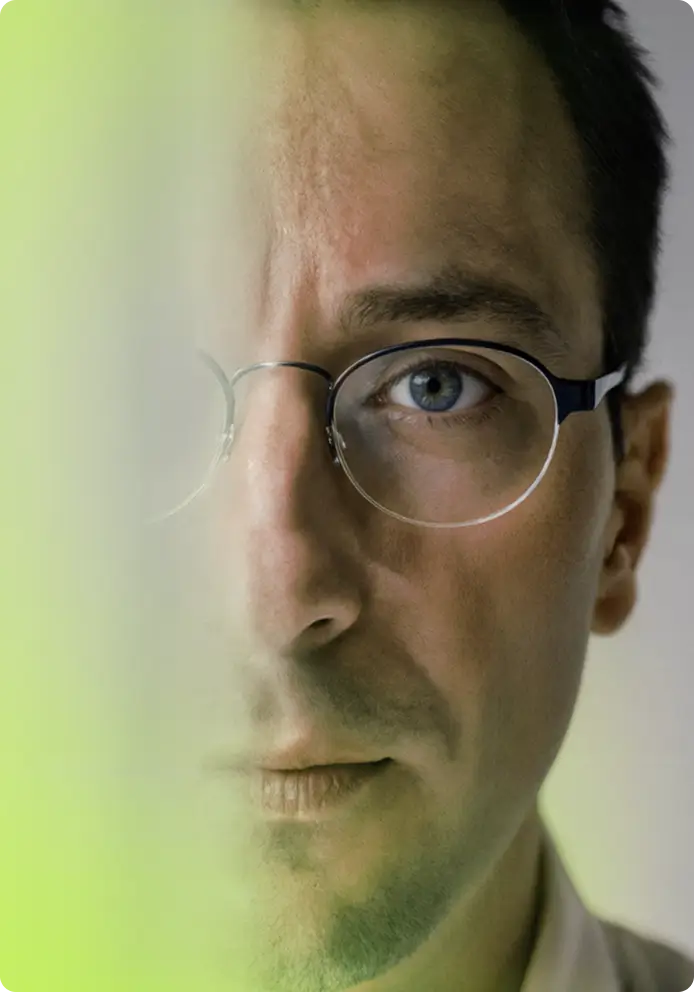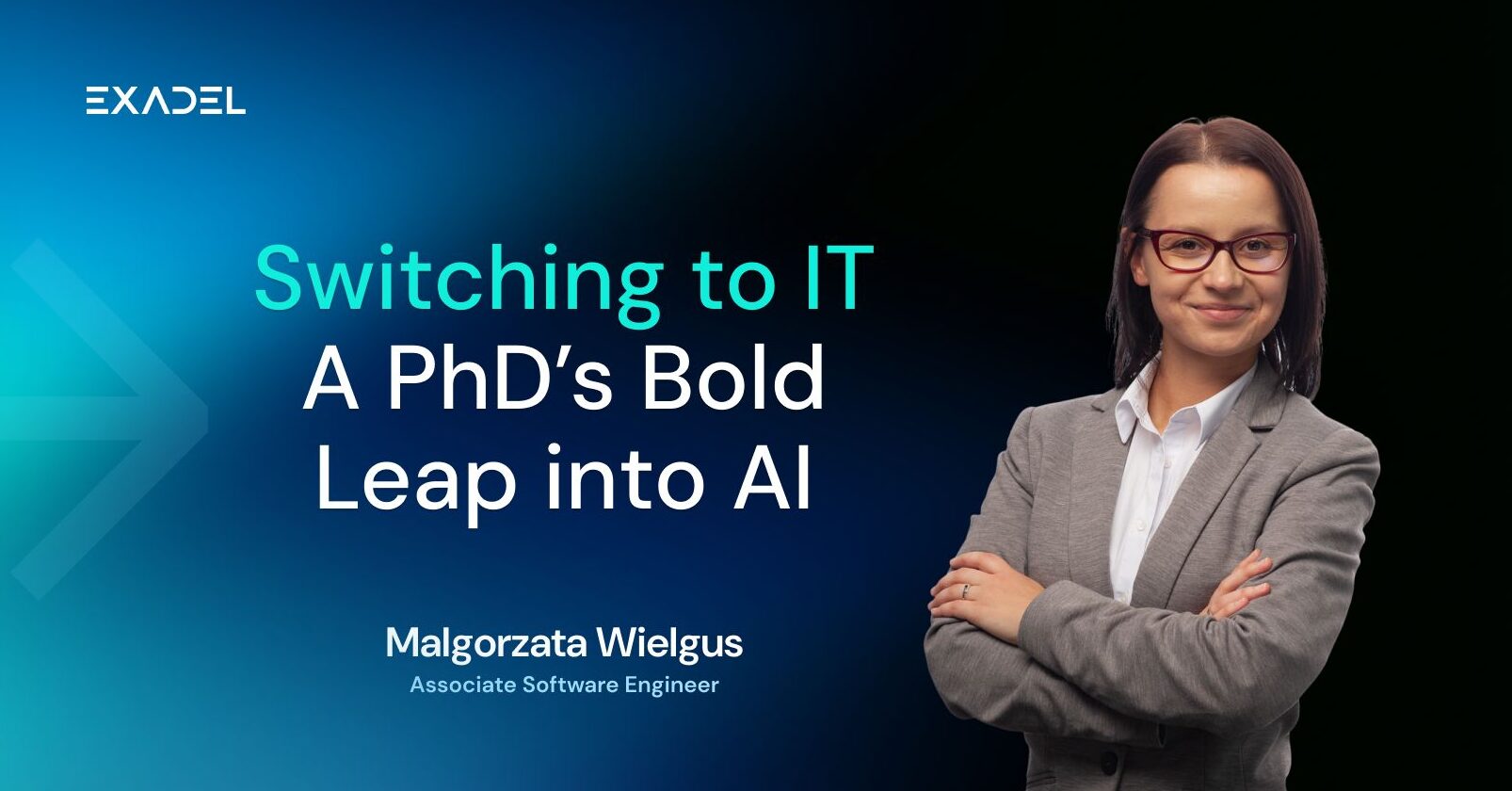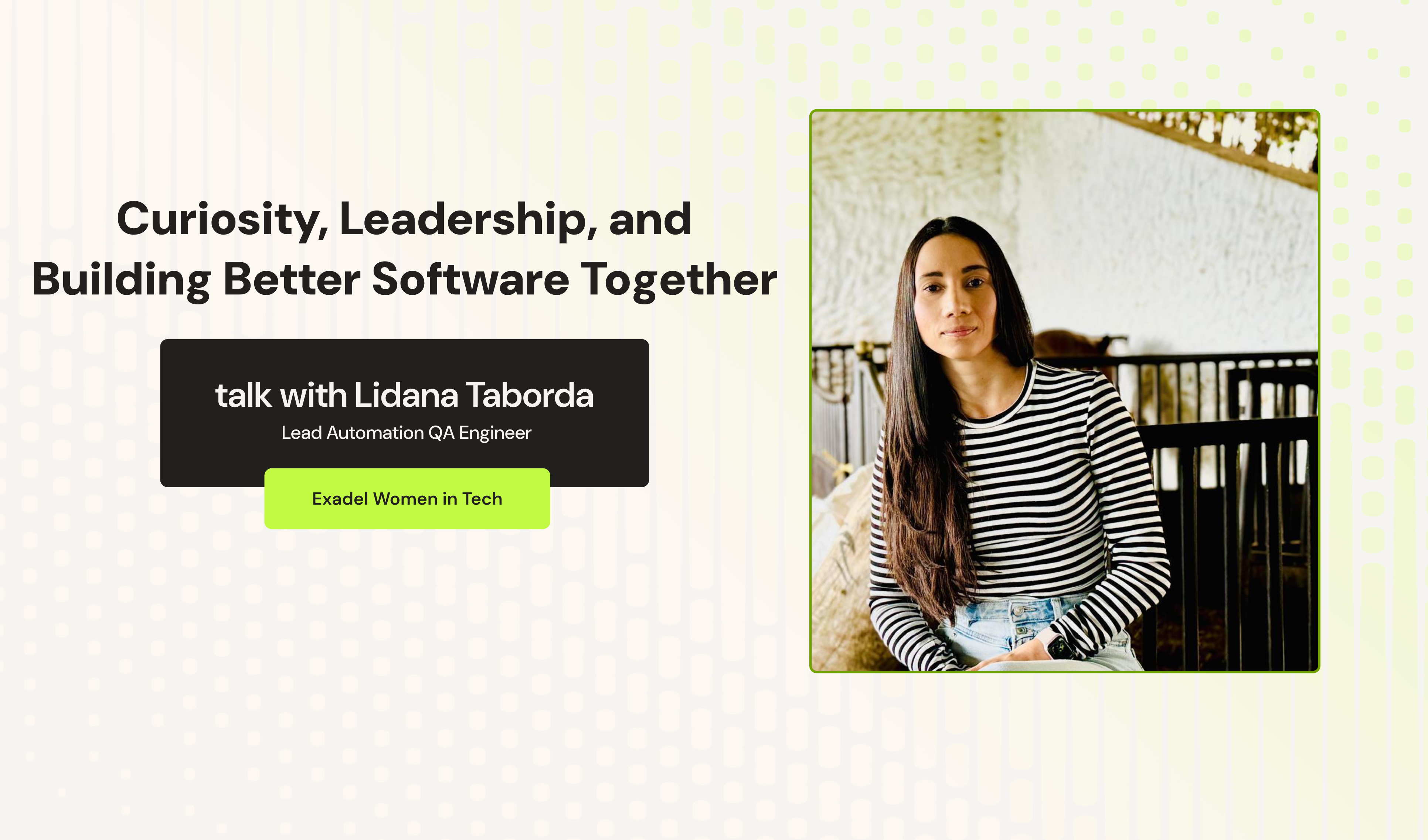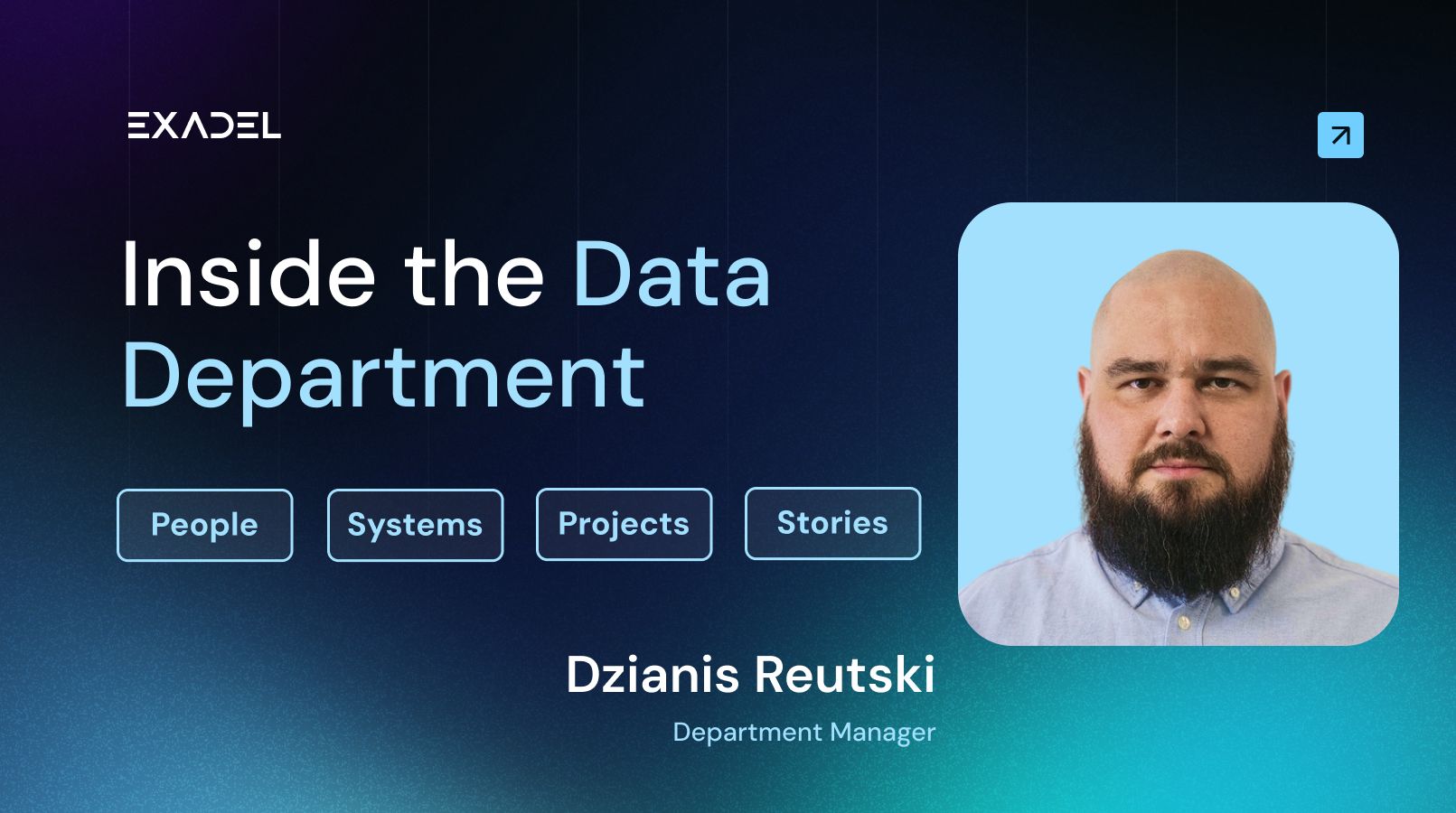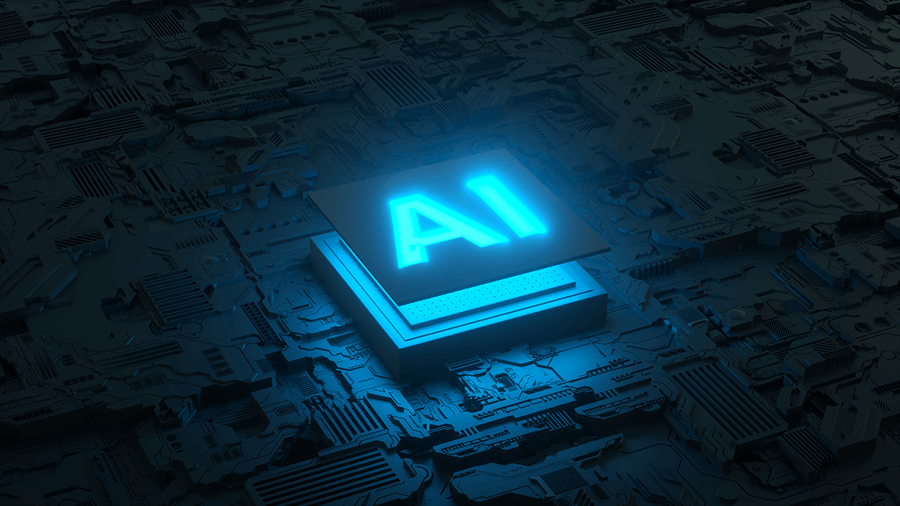Table of Contents
Tags
Share
Exadel lives AI-first by putting people before platforms and welcoming brilliant minds from all disciplines.
How a Physical Chemistry PhD Found Her Place in AI
When Malgorzata Wielgus earned her PhD in nonlinear optics, she expected a life in the lab. She never expected that her career path would take her through academic physics, a stint at a startup venture, and ultimately to the frontlines of AI innovation at Exadel.
Today, she’s part of a crack internal R&D team shaping the next generation of autonomous AI agents. But getting there wasn’t just about learning code. It was about learning to trust herself and realizing the habits of a great researcher are exactly what modern businesses need.
A Path to AI Less Traveled
Malgorzata’s early career was anything but narrow. Her doctoral research focused on high-powered lasers and two-photon absorption of molecules.
“I was looking at how molecules respond in different solvents under extreme conditions. It was both theoretical and hands-on, which I loved.”
But while she thrived in academic research, the teaching side wasn’t much to her liking. “I don’t have a talent for that,” she says. “I get nervous, I overthink. Lecturing students just wasn’t for me.” So, she made her first significant career change—translating complex scientific patents into plain words for a venture capital firm. “People working with money don’t always understand the science, My job was to bridge that gap.”
That role ended when she began the most meaningful chapter of her life: motherhood. It profoundly changed how she saw work, life, and what truly mattered.
The Spark of a New Career
It was around this time that machine learning started gaining momentum. Malgorzata was intrigued. She didn’t have a computer science background, but her instincts told her that this was worth understanding.
“I just started learning,” she says. “I took Coursera courses like Andrew Ng’s, watched hours of YouTube content, and taught myself Python. It was very challenging at times—especially with a toddler at home—but also really exciting.”
Her first solo project? Training a neural network to spot rooftops in satellite images, crucial for things like urban development and solar installation.
That one project proved something critical: her research instincts were still sharp.
“If you’re trained to think in data and mathematics, machine learning makes a lot of sense. The logic is different, but the thinking is similar.”
Learning AI (With a Little Help From AI)
And as she kept on learning, Malgorzata discovered an unexpected ally: ChatGPT. “I used to waste hours searching forums, afraid to ask what might seem like stupid questions,” she says. “But GenAI changed that. Suddenly, I had a teacher who could explain a Python library in layman’s terms.”
But she also learned to be cautious. “It hallucinates sometimes,” she admits. “So I double-check with Stack Overflow or trusted sources. But once you know what to look for, it becomes an incredible tool.” She doesn’t credit GenAI with making her job easier, but with making it actually possible: “It’s not about replacing learning—it’s about accelerating it.”
A Setback and an Opportunity
Then came a major disappointment. The company she was working for moved offices, with no option for remote work. As a mother to a small child, a long daily commute wasn’t realistic. “I had to walk away from a job I really loved,” she says. “It was heartbreaking.”
That’s when she met someone at Exadel through a mutual acquaintance. This person saw something others might have missed: a brilliant research mind ready to be applied in a brand new way. “He didn’t care that I hadn’t worked in big tech or had a formal AI degree,” she says. “He saw that I knew how to learn, how to experiment, how to think like a scientist.” And that’s exactly what Exadel needed.
Inside the Lab Where PhDs Become Builders
At Exadel, Malgorzata joined a fast-moving R&D lab and AI Solutions team tasked with developing autonomous AI agents that can find bugs, generate fixes, and test their own solutions. It’s definitely not entry-level work. It’s fast-paced, and the stakes are high. “I’m doing research, competitive analysis, and helping draft our first scientific paper,” she says. “There’s so much to learn, but I’m exactly where I want to be.”
What makes her so valuable to the company isn’t just her technical ability—it’s her research DNA. “This isn’t about writing code all day,” she explains.
“It’s about asking the right questions, evaluating ideas, and keeping an open mind about what the data is telling you. That’s what a PhD trains you to do.”
Why the Culture Mattered
For Malgorzata, what sealed the deal was the culture. “As a mom, being able to work part-time and remotely isn’t a perk—it’s a necessity,” she says. “And at Exadel, that’s not only possible, it’s respected.” Just as important: the team. “Everyone’s patient. Everyone helps. There’s no shame in asking questions.”
You don’t need a decade of coding experience to get started. But you do need a sense of curiosity, resilience, and a willingness to experiment.
Reinvention in Real Life
Malgorzata found what she was looking for—meaningful work and a clear path for personal growth. Now she’s applying her skills as a researcher to help our team shape the future of AI. “I wondered whether I could keep up,” she says. “But it turns out you can learn so much—with the help of the internet, some brilliant teachers, and a bit of courage.”

